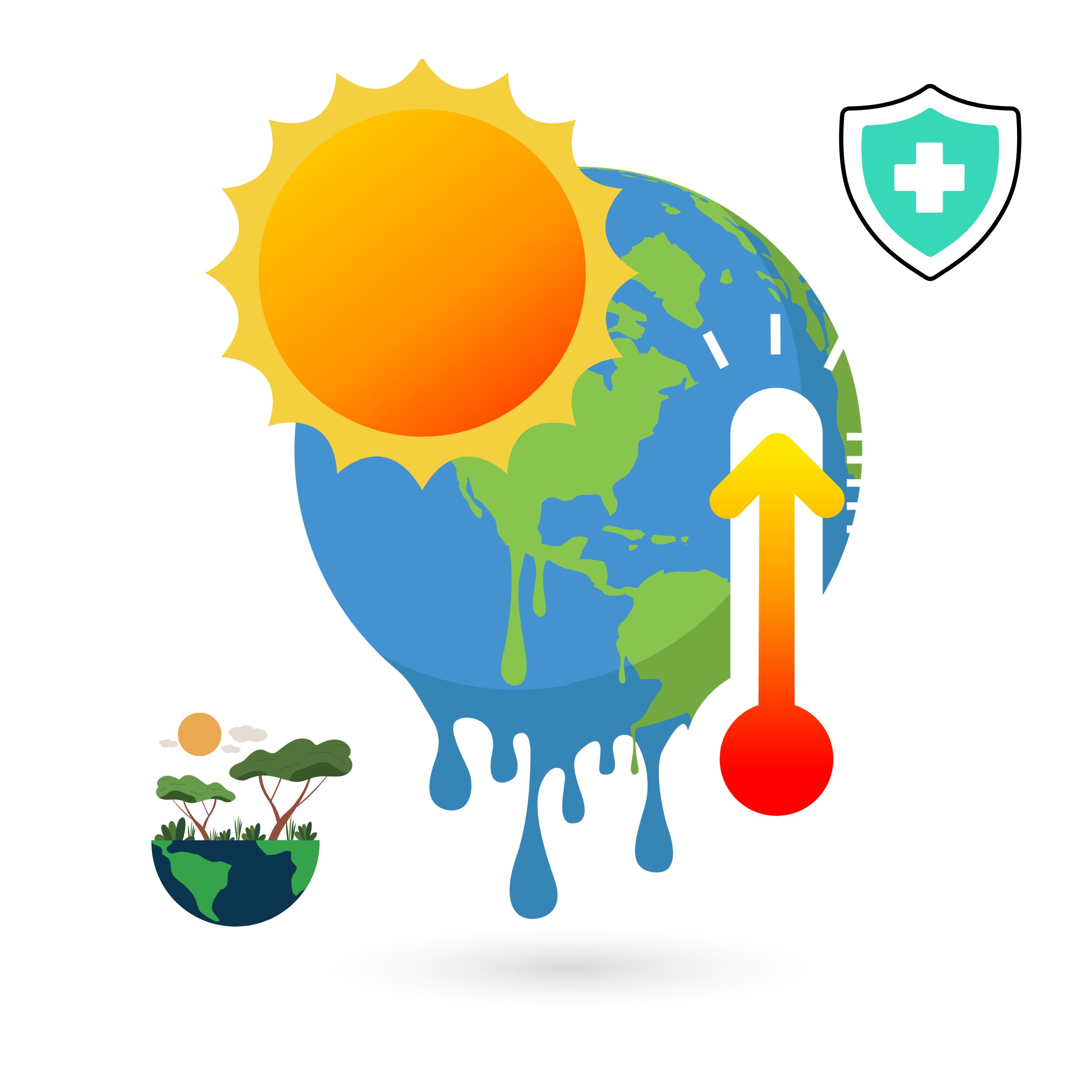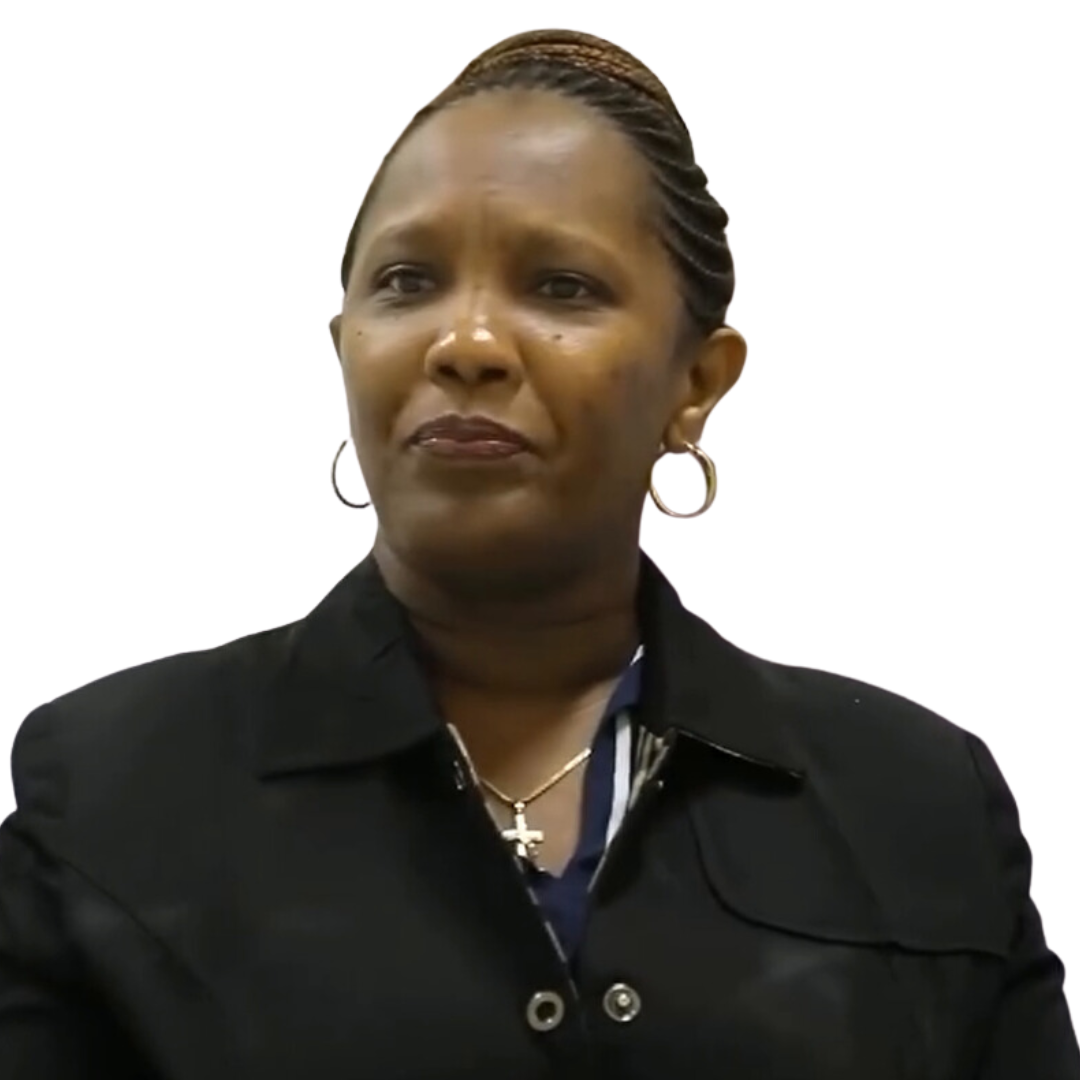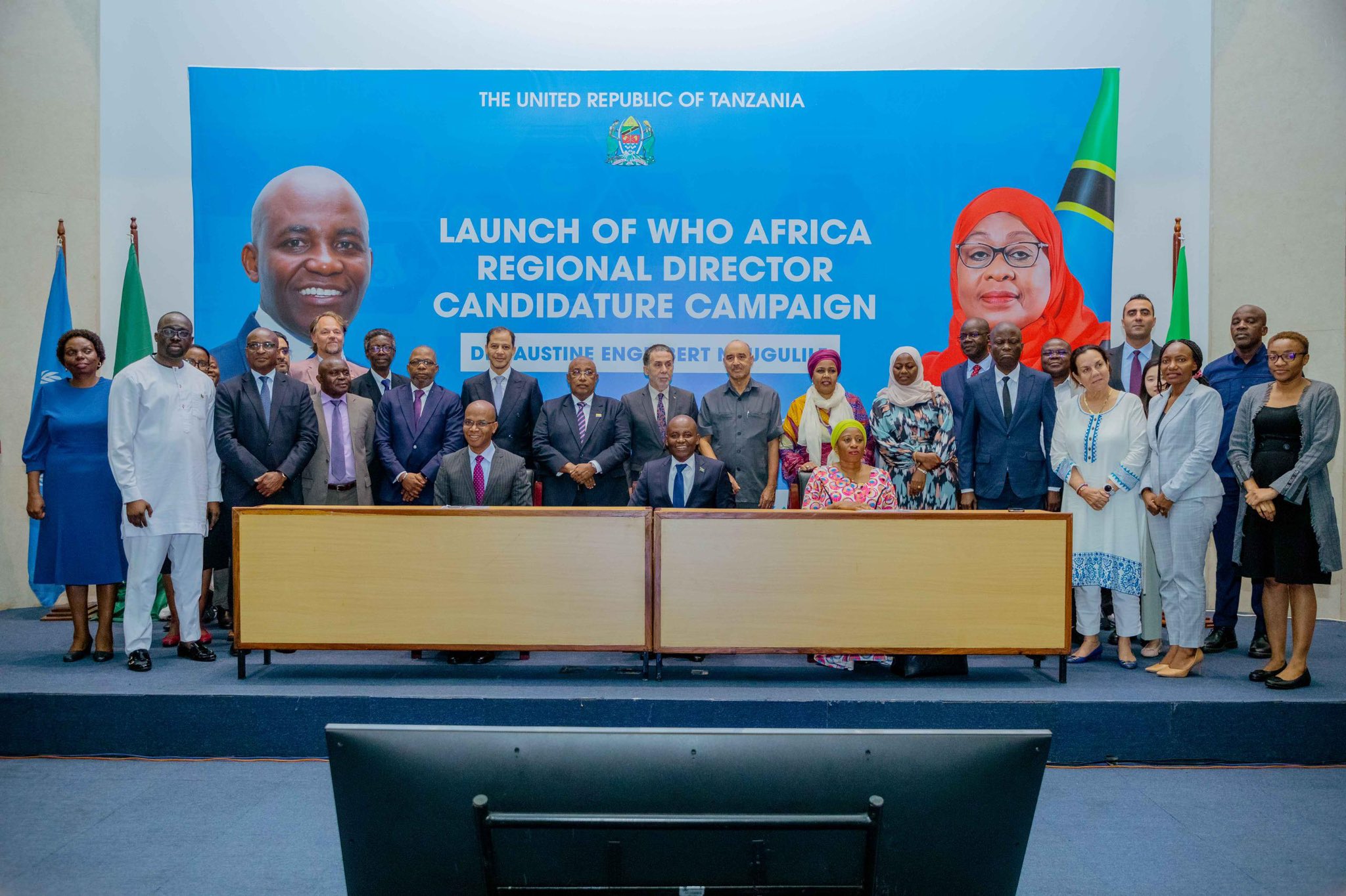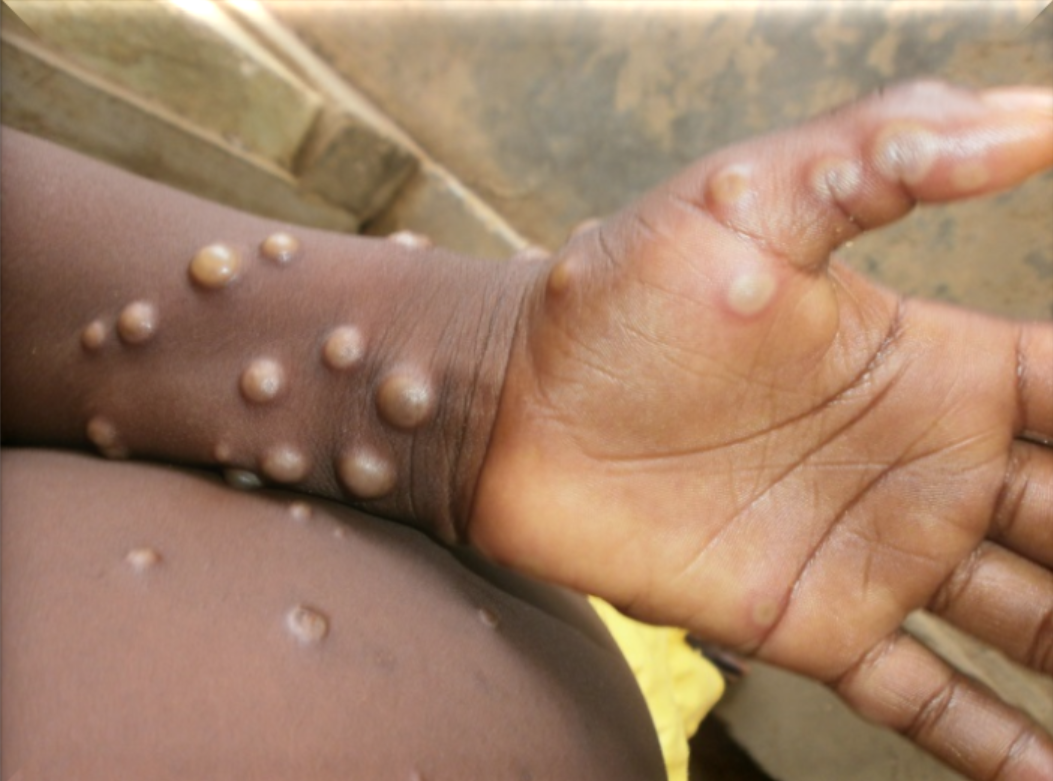Climate change, once seen as a plot in science fiction films, is now a real-world threat. The rapid growth of industries, development, and human prosperity has presented significant challenges as the world grapples with its direct impacts. Africa, despite contributing only 4% of the world’s carbon emissions, is disproportionately affected by these impacts. In 2022 alone, 110 million people in Africa were directly affected by climate-related disasters, accounting for 60% of the global total. These figures represent more than just numbers; they signify lives, livelihoods, and futures hanging in the balance.
As we grapple with the effects of climate change, our efforts must be multi-sectoral—encompassing health, agriculture, education, infrastructure, peace, and security—to create comprehensive responses that address the specific needs of our countries. This also reflects the main theme of the Tanzania Health Summit to be held in Zanzibar in October 2024, which highlights the importance of public-private partnerships in improving health and health systems in the country. During this event, delegates: including scientists and policymakers are expected to highlight this matter at length.
As this goes on, it remains pertinent to discuss the threats we are witnessing in recent times, and how we can tackle them. Recently, we have witnessed floods, cyclones, and other unexpected disasters that have destroyed a great deal of private and public property, including schools, health centers, farms, mosques, and churches. Tragically, many people have lost their lives in countries such as Bangladesh, Pakistan, Mozambique, Kenya, Malawi, Tanzania, and others.
In Tanzania, the impacts of climate change are evident and affecting every sector. We see these effects through prolonged droughts, severe floods, and an increase in climate-sensitive diseases like malaria, dengue, cholera, and others, including malnutrition due to food shortages. Tanzania, as part of Africa, already loses thousands of people each year to malaria, but now the disease is spreading to new areas due to warmer and wetter conditions, which are ideal for malaria-carrying mosquitoes. It is estimated that between 147 and 171 million people will be at greater risk by 2030 due to these climate changes.
Can storytelling and social action combat climate change and improve health outcomes? My experience with AHDA, a Tanzania-based youth organization, suggests the answer is yes. We’ve successfully integrated storytelling and advocacy into our climate change and health projects. By training community health workers, distributing educational materials, and involving youth in discussions, we’ve made a tangible impact in addressing malaria and other climate-sensitive diseases. In Mtwara and Lindi regions of Tanzania, where we have been on the ground, I saw this action happen, all thanks to those who gave a helping hand, such as KCMC Rotaract Club, for the ‘Malaria Free Generation’ campaign.
The challenges posed by climate change are urgent and demand immediate action. First, we need to build climate-resilient health systems. This means incorporating climate data into our disease surveillance systems to better predict and prevent outbreaks of diseases like malaria, dengue, cholera, etc., and ensuring that our health infrastructure can withstand the impacts of climate disasters.
Secondly, it is essential to invest in actions to reduce carbon emissions. Africa, and Tanzania in particular, should lead the way in transitioning to a low-carbon economy, not only to protect the environment but also to create jobs and drive sustainable economic growth. However, we cannot achieve this alone. We need international solidarity, as outlined in the Nairobi Declaration on Climate Change adopted by African leaders. The world must recognize that no nation should have to choose between development and climate action.
To achieve this, we can utilize innovative financing mechanisms tailored to Africa’s specific needs, including support from bilateral donors, development banks, and international funds such as the Green Climate Fund and The Global Fund. Similarly, African countries, including Tanzania, should strive to effectively utilize domestic resources, along with strengthening multi-sectoral partnerships. The establishment of National End Malaria Council and Funds, coordinated by the African Leaders Malaria Alliance (ALMA) is a significant step in ensuring that these challenges are on national development and investment agendas.
Furthermore, we need to establish a new public health system that is attuned to the realities of climate change in our country, similar to what the Africa CDC has initiated at the continental level to achieve its goals. This new system should help transform the training of healthcare professionals across all disciplines to equip them for these changing circumstances. The new system should also focus on developing better methods for leveraging technology in healthcare, such as artificial intelligence, to improve the efficiency of research and data accessibility. Moreover, there should be broader community engagement through community health workers (CHWs).
It is now time to take decisive action to address climate change. The consequences of inaction are severe; we have already learned and witnessed much, including loss of life in various regions of our country, most recently in Hanang, Manyara Region, where many people died and were displaced. We have seen cholera outbreaks recurring in many areas, especially after floods or heavy rains. It is now time for all sectors and African countries as a whole to work together to ensure we achieve sustainable development goals, especially in controlling the impacts of climate change on human health, which is the most important and fundamental resource for development. Together, we can build healthy and resilient communities that can withstand the challenges of climate change, utilizing our domestic resources and homegrown solutions.








